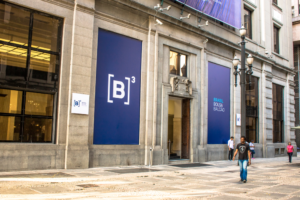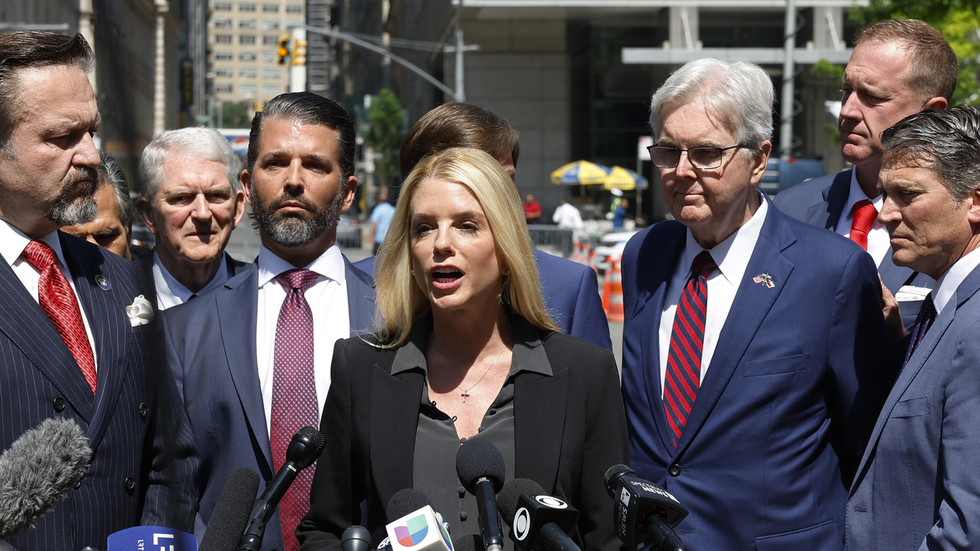The Brazilian stock market experienced a significant downturn on November 28, 2024, as investors reacted to a new fiscal package announcement.
The Ibovespa, Brazil’s main stock index, fell by 2.40% to 124,610.41 points, marking its largest daily loss since January 2, 2023. This sharp decline occurred without the usual support from Wall Street, as US markets were closed for Thanksgiving.
The absence of American trading activity left the Brazilian market more vulnerable to local economic news. The fiscal package, unveiled by Finance Minister Fernando Haddad, aimed to cut public spending by R$ 71.9 billion over the next two years.
However, the market’s response was largely negative, focusing on the income tax exemption for salaries up to R$ 5,000 per month.
Economists expressed concern about the package’s effectiveness. Felipe Salto, chief economist at Warren Investments, estimated that the actual fiscal savings would be only 62.7% of the government’s projection.
 Brazilian Stock Market Plunges Amid Fiscal Package Announcement and U.S. Holiday. (Photo Internet reproduction)
Brazilian Stock Market Plunges Amid Fiscal Package Announcement and U.S. Holiday. (Photo Internet reproduction)This discrepancy raised doubts about the ability to meet fiscal targets and stabilize debt-to-GDP ratio. The US dollar reached a new nominal high against the Brazilian real, closing at R$ 5.9895, a 1.29% increase.
Brazil’s Market Turmoil
During the trading session, the dollar briefly surpassed the R$ 6 mark, reflecting growing risk aversion in the market. Cyclical stocks, which are more sensitive to macroeconomic factors, saw significant drops.
CVC, a travel agency, plummeted by over 12%, partly due to the strengthening dollar. Natura shares fell by about 6%, erasing previous gains despite a positive agreement with Avon Products creditors.
Among heavyweight stocks, Vale experienced a slight decline despite positive iron ore performance in China. Petrobras shares fell for the fourth consecutive session, ignoring a minor recovery in oil prices.
Export-oriented companies with dollar-denominated revenues, such as JBS, Suzano, Klabin, and WEG, were among the few gainers, with increases exceeding 2%.
The market’s reaction highlights investor concerns about Brazil‘s fiscal stability and economic outlook. As the country navigates these challenges, the coming days may prove crucial in determining market sentiment and economic direction.

 By The Rio Times | Created at 2024-11-28 22:04:32 | Updated at 2024-11-29 00:42:16
2 hours ago
By The Rio Times | Created at 2024-11-28 22:04:32 | Updated at 2024-11-29 00:42:16
2 hours ago








